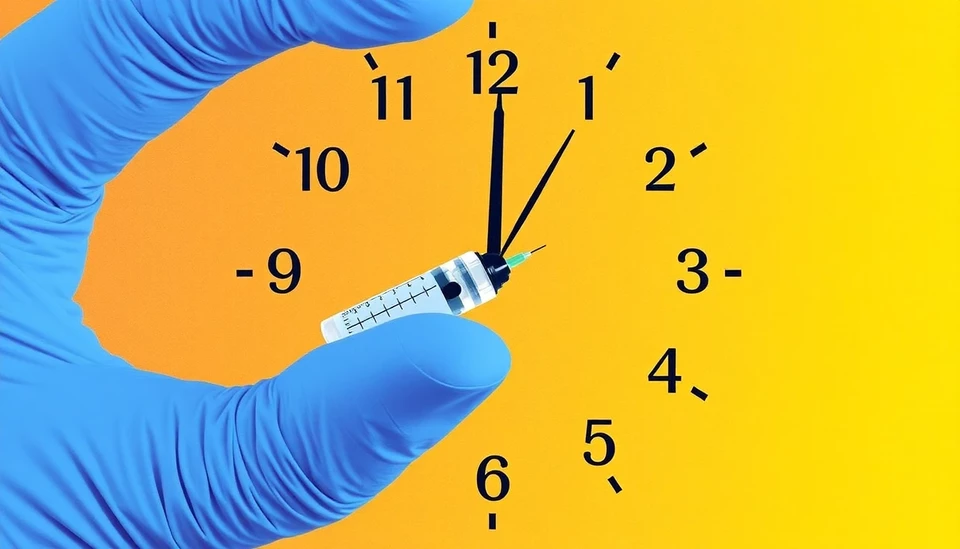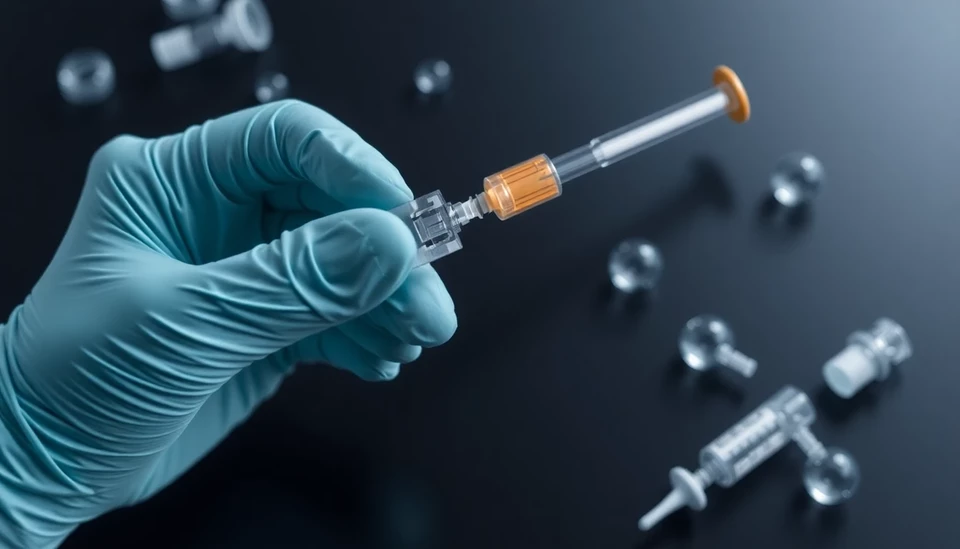
In a groundbreaking development in the fight against the escalating opioid epidemic in the United States, researchers are optimistic about the potential of a novel fentanyl vaccine. This innovative approach could revolutionize addiction treatment and significantly reduce the staggering number of overdose deaths attributed to this powerful synthetic opioid, which has claimed thousands of lives each year.
This experimental vaccine works by stimulating the body’s immune system to produce antibodies specifically designed to target fentanyl molecules. By neutralizing the drug before it can reach the brain and cause harmful effects, the vaccine aims to reduce both the physiological dependence on opioids and the dangerous cravings that often lead to overdose.
Despite the promise of this vaccine, which is currently undergoing trials, experts remain cautious. The pharmaceutical landscape has seen various attempts to address the opioid crisis, yet many treatments have not achieved widespread success or acceptance. However, researchers believe that the vaccine could represent a unique solution, especially for individuals who have faced multiple relapses in their struggle with addiction, as it targets the biological triggers rather than merely addressing the addiction's psychological aspects.
The implications of a successful vaccine would be monumental. In recent years, the opioid crisis has escalated to unprecedented levels, with overdose deaths from synthetic opioids like fentanyl rising alarmingly. According to data from the Centers for Disease Control and Prevention (CDC), nearly 70% of drug overdose deaths in the United States involve opioids, a stark indication of the urgent need for effective interventions.
Clinical trials for the fentanyl vaccine have produced promising early results, demonstrating the potential to create a significant antibody response in participants. Researchers are now focused on evaluating its effectiveness in larger populations and identifying any potential side effects that might arise. The collaborative efforts of pharmaceutical companies, academic institutions, and public health organizations are critical in bringing this vaccine from the research phase to a viable treatment option.
Healthcare professionals emphasize that while a vaccine could be a powerful tool in combating addiction, it must be part of a comprehensive strategy that includes counseling, behavioral therapy, and ongoing support. The multidisciplinary approach is essential for sustainable recovery and addresses the root causes of addiction.
The potential rollout of a fentanyl vaccine raises pertinent questions about accessibility and cost. Should this vaccine prove effective, securing funding and ensuring equitable access for those most affected by the opioid crisis will be a significant hurdle. Advocates for drug addiction recovery are urging policymakers to prioritize support for addiction treatment programs alongside any new pharmaceutical solutions that emerge.
As the country grapples with one of the most severe public health crises in recent history, the arrival of a fentanyl vaccine could mark a turning point in the ongoing battle against opioid addiction. With ongoing research and community involvement, there is hope that this medical innovation could lead to lasting change and save countless lives.
As we watch closely the developments surrounding this potential vaccine, it remains clear that the fight against opioid addiction is far from over, and innovative solutions like this may be key to navigating through this complex challenge.
#FentanylVaccine #OpioidCrisis #AddictionRecovery #PublicHealth #OverdosePrevention
Author: Victoria Adams
